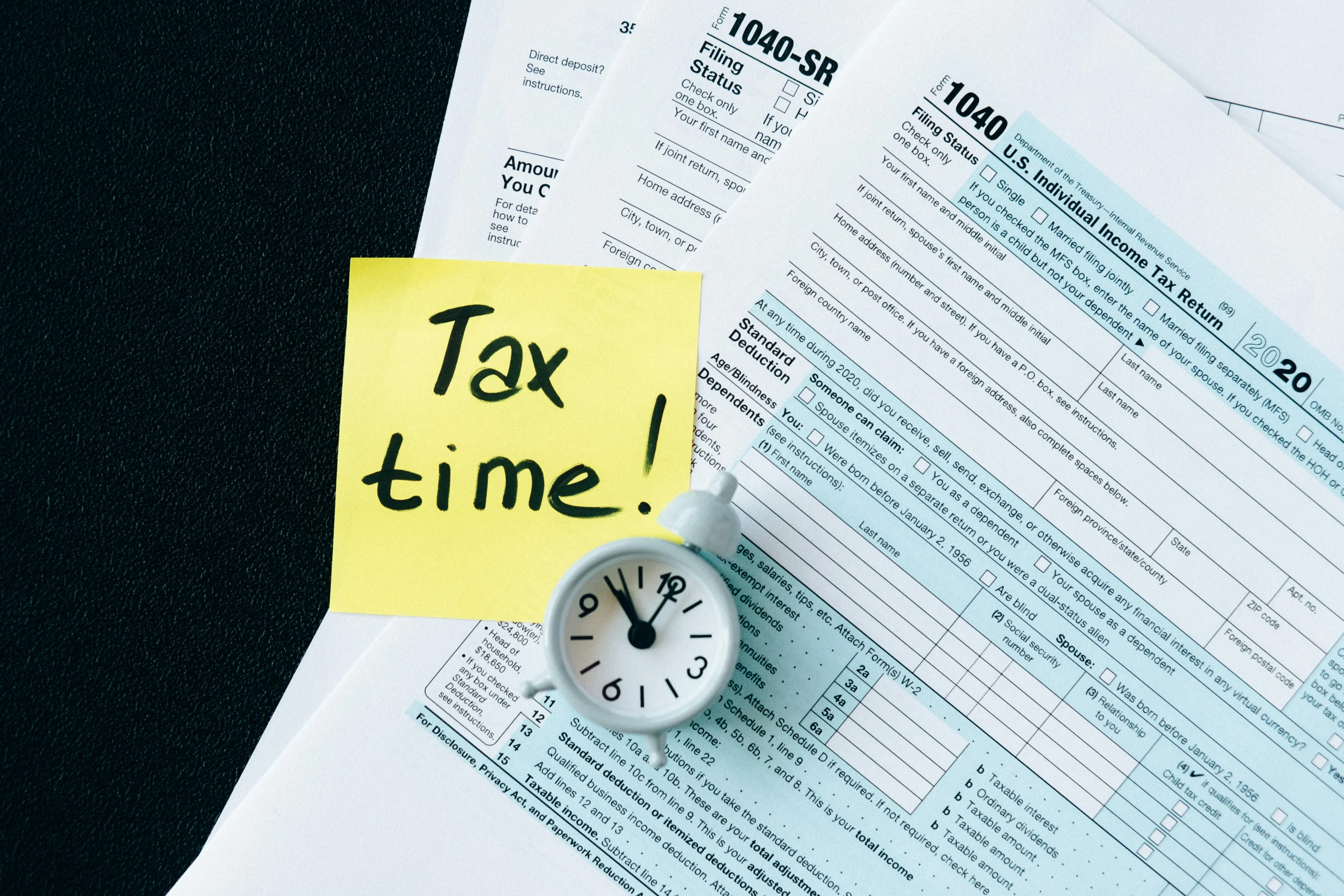Running a small business is no joke, especially when you’re juggling the books and trying to save those precious dollars. Salon owners often miss out on some fabulous tax deductions because of forgotten receipts or overlooked expenses. But fear not! We’re here to make tax season a breeze and help you keep more of that hard-earned cash where it belongs – in your pocket!
Tax write-offs are like little financial lifesavers that reduce your taxable income. For example, if your salon pulls in $120,000 a year and you claim $40,000 in write-offs, you’re only taxed on $80,000. That’s a huge saving you can reinvest into your business. Excited yet? Let’s get into the juicy details to maximize your deductions and keep you smiling all the way to the bank!
Hair Salon Expenses for Tax Deductions
To qualify as a business tax write-off, an expense must be both ordinary and necessary. Ordinary means it’s common in the beauty biz, and necessary means it’s helpful for your salon. Always keep those receipts and bills – the IRS loves proof!
Salon-Specific Utilities
Running a salon can guzzle electricity, water, and gas. Good news: these utilities are deductible!
Employee Wages
Every dollar paid in wages, tips, and bonuses is deductible, along with employee benefits like health insurance. This helps manage payroll and keeps the business humming smoothly.
Insurance and Licenses
Business insurance premiums, including workers’ comp and liability insurance, are deductible. Professional licenses like those issued by your state cosmetology boards are also tax deductible expenses you can claim.
Education and Training
Stay ahead in the beauty space by attending workshops and seminars — these costs, plus travel expenses, are deductible. Don’t forget those biennial CEs required by your cosmetology licensing board to renew your license. And, how about those subscriptions to industry journals and magazines — count them into too!
Beauty Supplies and Products
All those shampoos, conditioners, hair colors, waxes, styling products, scissors, and towels are tax-deductible essentials.
Professional Fees
Hiring accountants or lawyers? Their fees are deductible, saving you both time and money.
Furniture and Equipment
Salon furniture and equipment like chairs, shampoo stations, blow dryers, and styling irons are deductible. If recorded as assets, you can also calculate depreciation.
Salon Software
Subscriptions to salon management software are write-offs, helping you manage finances, store receipts, and calculate taxes efficiently.
Health and Safety
Maintaining a safe, clean salon is crucial. PPE and cleaning supplies are deductible.
Marketing and Advertising
Expenses for promoting your salon – websites, social media ads, print media, business cards, and trade shows – are deductible.
Client Drinks and Snacks
Offering beverages and snacks to clients? Write those off on your taxes!
Car Mileage and Vehicle Use
Traveling for work-related reasons? Car expenses like gas, parking, and mileage (67 cents per mile in 2024) are deductible. Public transportation costs are also deductible.
Self-Employment Tax
As a self-employed individual, you pay a 15.3% self-employment tax. Deduct half of this tax when figuring your adjusted gross income on your federal income tax return
Seasonal Gifts for Clients
Deduct up to $25 per holiday gift per client.
Meals
Business meals with staff or clients are 50% deductible, provided they’re work-related or part of business trips.
Other Business Operations Expenses
Running your salon – be it a brick-and-mortar, rented chair, or home-based – comes with deductible expenses. These include rent, utilities, basic equipment, and some upgrades.
Retirement Plan Contributions
Contributions to an Individual Retirement Account (IRA) can help reduce your taxable income. Want to learn more about retirement plan contributions for small business owners? Click HERE for more information.
What Isn’t Tax Deductible for Salon Owners?
Not everything can be written off. Personal expenses, home-related costs, personal debt, non-business travel, non-business entertainment, personal retirement contributions, and personal legal fees aren’t deductible. Only business-related expenses qualify.
How to Organize Your Salon Tax Write-Offs
Maximize your deductions by staying organized throughout the year. Here’s how:
Organize Your Records
Save every receipt, invoice, and document related to your salon’s expenses. Use accounting software to categorize them.
Separate Business and Personal Finances
Use separate bank accounts and credit cards for business and personal expenses to avoid confusion and ensure all business expenses are traceable.
Categorize Expenses Properly
Group expenses into categories like bills, supplies, and marketing. This makes identifying write-offs and tracking spending easier.
Consider Tax Credits
Tax credits reduce the amount you owe in taxes. Check the IRS’s options for business tax credits.
Tips for Salon Owners
- Keep Detailed Records: Save all receipts, invoices, and financial documents.
- Separate Finances: Use separate accounts for business and personal expenses.
- Categorize Expenses: Group expenses to easily identify write-offs.
- Consult a Professional: Work with an accountant or tax professional to maximize deductions.
- Stay Informed: Regularly check IRS guidelines for updates on deductible expenses.
- Review Quarterly: Regularly review and update your financial records.
- Plan for Taxes: Set aside funds for quarterly or annual tax payments.
- Explore Tax Credits: Look into available tax credits to reduce your tax liability.
- Invest in Software: Use accounting software to streamline record-keeping. QuickBooks from Intuit is affordable and user-friendly.
- Keep Learning: Stay updated on tax laws and best practices for salon owners.
Effectively managing your salon finances ensures you make the most of your tax write-offs and keep more of your hard-earned money. By staying organized, informed, and proactive, you can navigate tax season with ease and focus on what you do best – making clients look and feel fabulous!
The information provided in this article is for general informational and educational purposes only. It is not intended to be a substitute for professional financial or legal advice. For advice tailored to your specific situation, please consult with a licensed financial advisor, accountant, or tax professional.
